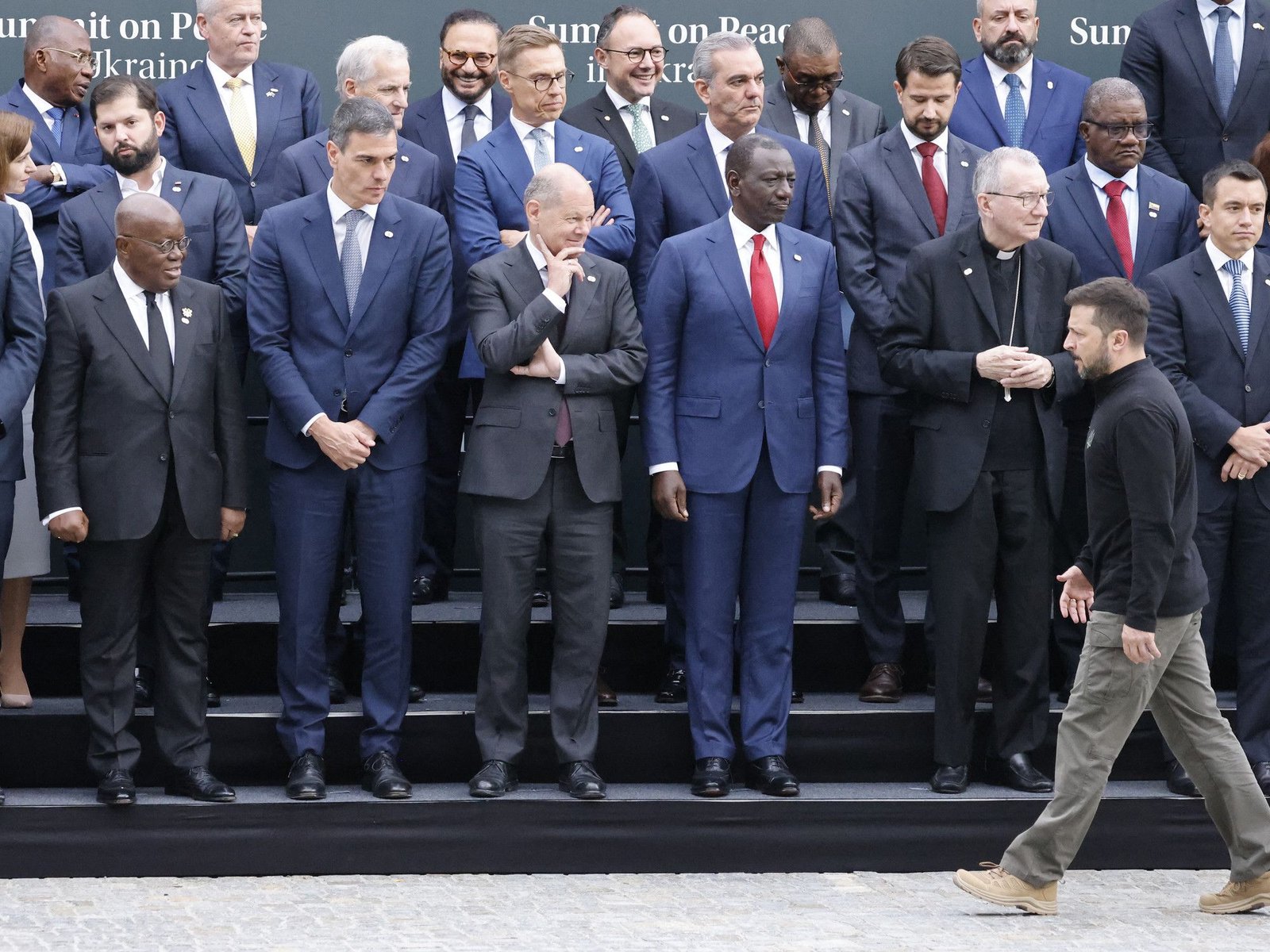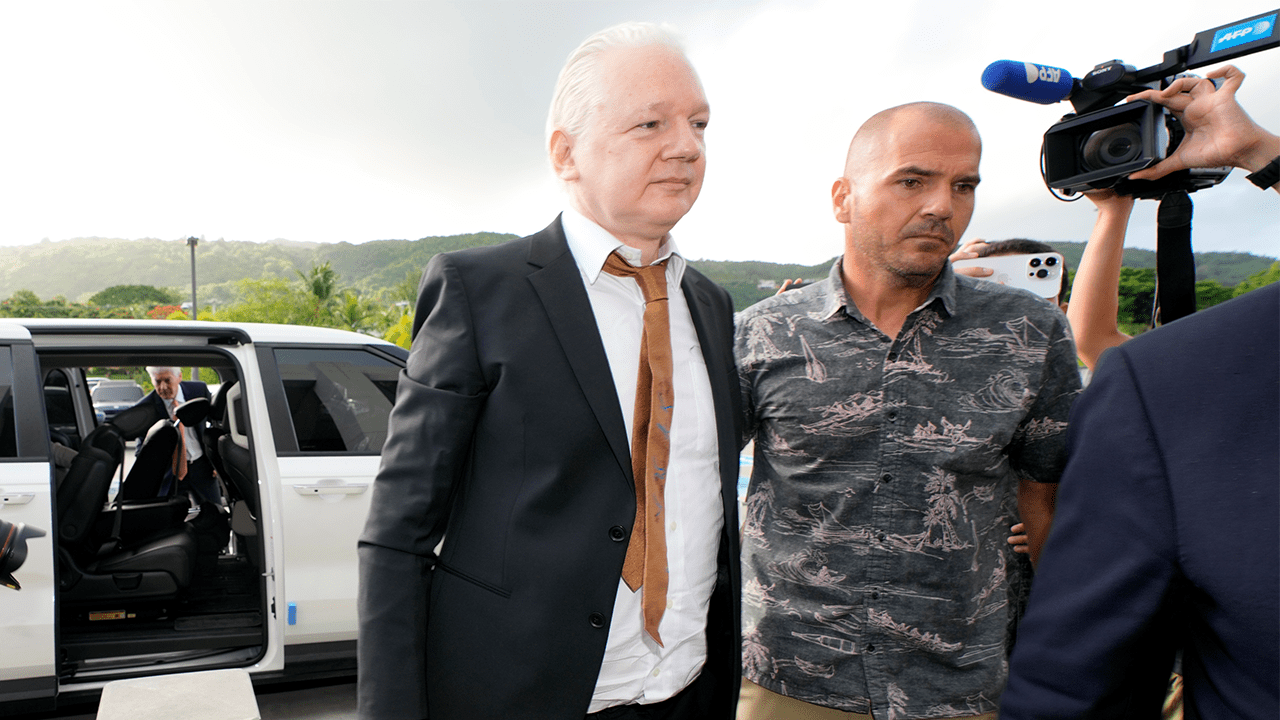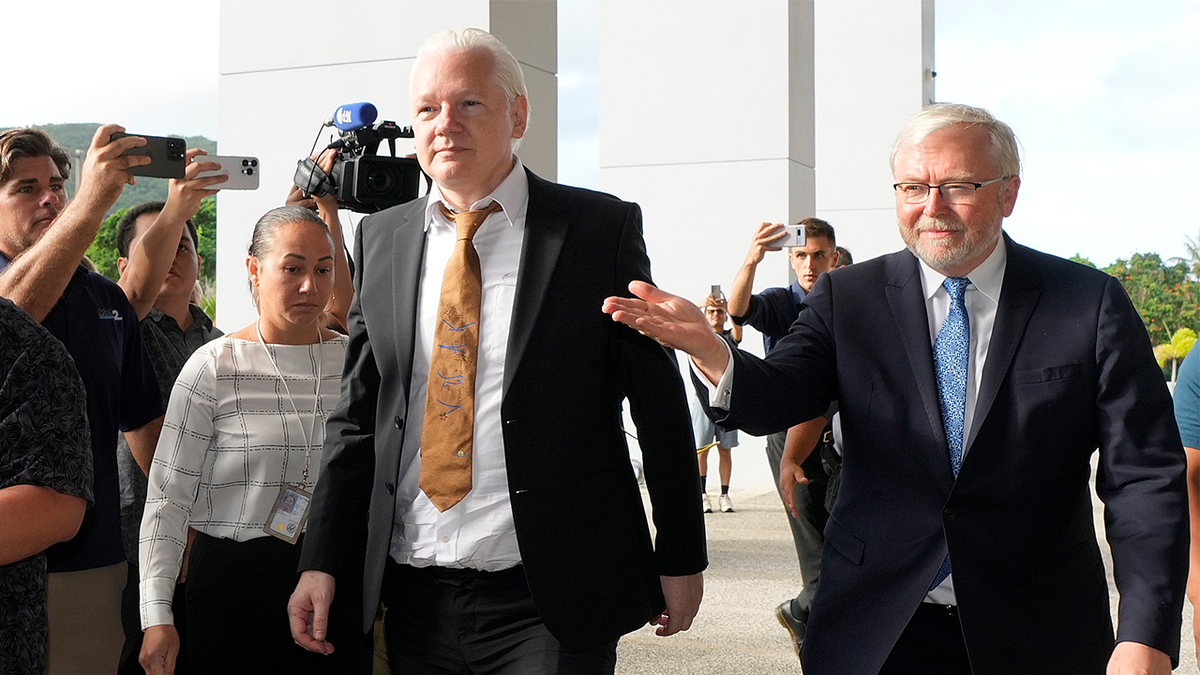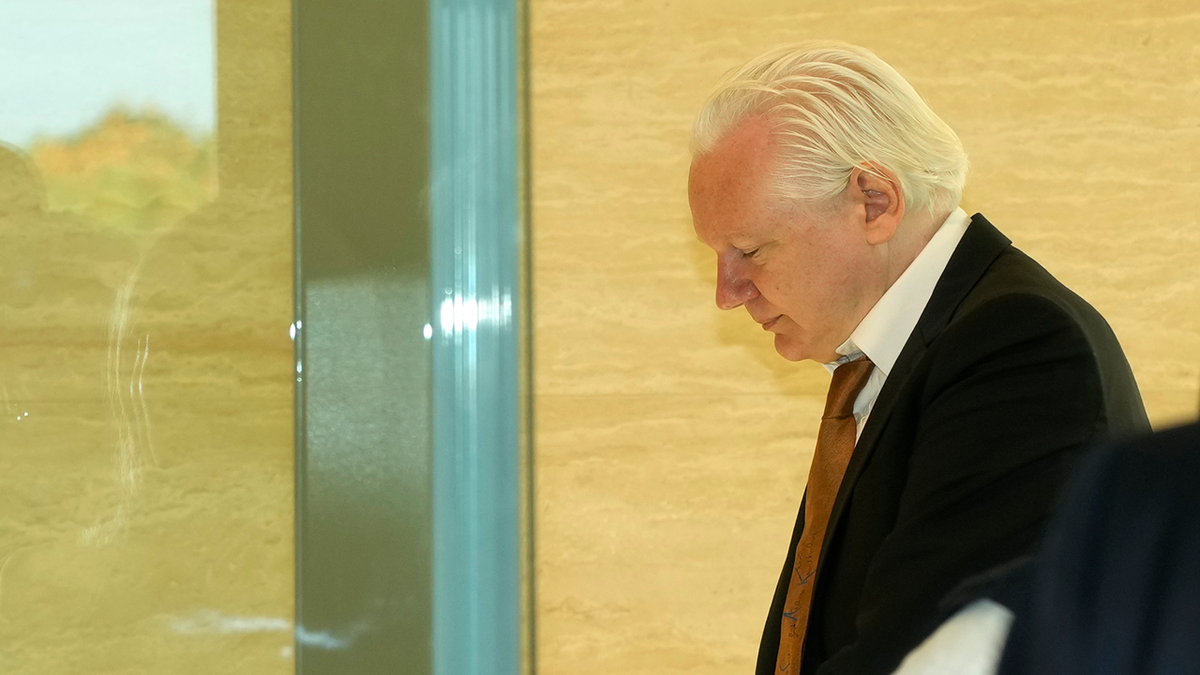INTERNACIONAL
Cerró la Cumbre de paz en Suiza: reafirmó la «integridad territorial» de Ucrania pero llamó a negociar con Rusia

La Cumbre de Paz para Ucrania celebrada en Suiza, que presentaba como gran hándicap la ausencia de Rusia, finalizó este domingo con un triunfo diplomático para el presidente ucraniano, Volodímir Zelenski, quien logró que el apoyo a su causa no fuera solo europeo, sino global, a pesar de algunas discrepancias.
Ni Rusia ni China estuvieron presentes en la cita, que cerró con una declaración respaldada por cerca de 80 de los 92 países participantes.
«Creemos que alcanzar la paz requiere la implicación y el diálogo entre todas las partes», sostuvo el documento consultado por AFP.
El comunicado también reafirmó «los principios de soberanía, independencia e integridad territorial de todos los Estados, incluido Ucrania», llamó a realizar un canje de prisioneros y pidió el regreso a casa de los niños deportados a Rusia.
Brasil, India, Arabia Saudita y Emiratos Árabes Unidos no aparecieron en la lista de países que apoyaron la declaración final, anunciada en pantalla.
Junto a los líderes de la UE y de la OTAN, habituales aliados de Zelenski en grandes reuniones, en esta ocasión también hubo presidentes y jefes de Estado de países latinoamericanos, africanos y asiáticos, algo que el líder ucraniano deseaba para mostrar que la guerra contra Rusia no es sólo un problema continental.
«Hemos contado con la participación de presidentes y representantes a distintos niveles de 101 países y organizaciones, es un éxito, y Rusia hizo todo lo que pudo para que algunos no vinieran, pero les agradezco que hayan mostrado su independencia», afirmó el presidente ucraniano en la rueda de prensa que concedió al final de la cumbre.
«Debemos hacer nuestro trabajo, no pensemos en Rusia, hagamos lo que tenemos que hacer. De momento, Rusia y sus dirigentes no están listos para una paz justa. Es un hecho», declaró el presidente ucraniano.
Simbólico fue que en la comparecencia final no sólo se presentaran ante los cientos de periodistas el presidente Zelenski, su homóloga suiza Viola Amherd como anfitriona o la de la Comisión Europea, Ursula Von der Leyen, sino también figuras como el presidente chileno Gabriel Boric o el ghanés Nana Akufo-Addo.
Voz latinoamericana en la cumbre
«La cumbre de paz marca el inicio de un proceso significativo. Por primera vez numerosos líderes globales de todos los continentes y diferentes ideas políticas se han unido para discutir paz en lugar de guerra, esta cumbre representa un faro de esperanza y servirá para alimentar duraderos diálogos de paz», aseguró el presidente chileno.
En los plenarios del sábado y domingo, que Zelenski reconoció que quiso que se emitieran en directo y no fueran a puerta cerrada para que «el mundo viera el apoyo global», también participaron el presidente argentino Javier Milei o el ecuatoriano Daniel Noboa, parte de los más 60 jefes de Estado y gobierno que tomaron parte en la cumbre.
 Una visión general de la sesión plenaria de la Cumbre sobre la Paz en Ucrania en Burgenstock, Suiza. Foto AP
Una visión general de la sesión plenaria de la Cumbre sobre la Paz en Ucrania en Burgenstock, Suiza. Foto APVon der Leyen, quien reconoció que la cumbre «no fue una negociación de paz porque Putin no está seriamente considerando el fin de la guerra», afirmó que «el alto nivel de participantes en ella muestra que el mundo se preocupa profundamente por la guerra».
En el encuentro de líderes, uno de los mayores de las últimas décadas con carácter extraordinario (fuera de reuniones periódicas anuales como las del G20 o la Asamblea de Naciones Unidas) se buscó discutir los efectos de la guerra ucraniana para el resto del mundo, incluso en regiones geográficamente lejanas.
Fue por ello que los líderes se repartieron este domingo en distintas mesas que discutieron la seguridad nuclear y la inseguridad alimentaria que situaciones como el bloqueo del Mar Negro han traído a los países en desarrollo, o la dimensión humanitaria de los prisioneros de guerra y los niños raptados por Rusia desde las partes de Ucrania que controla.
Una declaración moderada y no firmada por todos
La declaración final lograda tras la cumbre destacó precisamente la necesidad de atender esas amenazas, aunque en un tono relativamente moderado, ya que ni siquiera se refirió a Rusia como una fuerza agresora.
Pese a ello, no se logró que 12 países que participaron en la cumbre (con delegaciones de bajo nivel en lugar de sus jefes de Estado) firmaran el documento, entre ellos destacadas líderes regionales como Brasil, Arabia Saudí, India, Indonesia o Sudáfrica.
Esto -sumado a la ausencia de China, que en el pasado ha presentado sus propias propuestas de paz para Ucrania, o la cancelación de último minuto de la presencia del presidente colombiano Gustavo Petro- indica que el apoyo a Ucrania aún no es del todo compacto a nivel global.
«Han de respetarse todas las opiniones», se limitó a señalar Zelenski ante la decisión de algunos países de no suscribir la declaración conjunta.
La posición rusa
El presidente ruso, Vladimir Putin, afirmó el viernes que negociará con Ucrania si esta retira sus tropas de las cuatro regiones que Moscú reivindica y ocupa parcialmente, y si Kiev renuncia a integrar la OTAN.
Pero tanto Kiev, como la OTAN y Estados Unidos repudiaron las condiciones de Moscú para poner fin a la guerra.
El portavoz del Kremlin, Dmitri Peskov, insistió el domingo que no se trataba de un «ultimátum» sino de una «iniciativa de paz que toma en cuenta las realidades del terreno».
INTERNACIONAL
Julian Assange secures freedom following plea deal with US, sentenced to time served

WikiLeaks founder Julian Assange pleaded guilty and was sentenced to time served on Wednesday as part of a deal he reached with the U.S. Justice Department to end his imprisonment.
Assange, an Australian publisher, entered the guilty plea Wednesday morning in federal court in Saipan, the capital of the Northern Mariana Islands, a U.S. commonwealth in the Pacific. The sentence was imposed by U.S. District Judge Ramona Manglona.
The plea in the commonwealth accommodated Assange’s wish to avoid the continental U.S. The deal was first disclosed Monday night in a letter from the Justice Department.
Assange arrived in court after flying from Britain – where he had been imprisoned – on a charter plane accompanied by members of his legal team and Australian officials.
JULIAN ASSANGE, WIKILEAKS FOUNDER, REACHES PLEA DEAL TO AVOID PRISON IN US
WikiLeaks founder Julian Assange (left) is escorted as he arrives at the U.S. courthouse to enter a plea deal in the Saipan, Mariana Islands, on Wednesday. (AP)
This comes after years of Assange trying to avoid being extradited from the U.K. to the U.S. to face charges for publishing classified U.S. military documents leaked to him by a source.
Before his plea deal, Assange, 52, was facing 17 counts under the Espionage Act for allegedly receiving, possessing and communicating classified information to the public, as well as one charge alleging conspiracy to commit computer intrusion. By reaching a plea deal, he now avoids the potential of spending up to 175 years in an American maximum security prison.
The charges were brought by the Trump administration’s DOJ over WikiLeaks’ 2010 publication of cables leaked by U.S. Army intelligence analyst Chelsea Manning, and the Biden administration had continued to pursue prosecution until the plea deal. The cables detailed alleged war crimes committed by the U.S. government in Iraq, Afghanistan and the Guantánamo Bay, Cuba, detention camp, as well as instances of the CIA engaging in torture and rendition.
WikiLeaks’ «Collateral Murder» video showing the U.S. military gunning down civilians in Iraq, including two Reuters journalists, was also published 14 years ago.
Australian Prime Minister Anthony Albanese said Australia has been «using all appropriate channels to support a positive outcome» in Assange’s case when speaking to reporters in the country’s capital of Canberra on Wednesday.
«I’ve been very clear as Labor Leader and as Prime Minister, that regardless of your views about Mr Assange’s activities, his case has dragged on for too long,» Albanese said. «There is nothing to be gained from his continued incarceration. And we want him brought home to Australia.»
As a condition of his plea, Assange must destroy classified information provided to WikiLeaks.
AUSTRALIAN LAWMAKERS SEND LETTER URGING BIDEN TO DROP CASE AGAINST JULIAN ASSANGE ON WORLD PRESS FREEDOM DAY

WikiLeaks founder Julian Assange was the first journalist to be charged under the Espionage Act. (AP)
The plea deal required Assange to admit guilt to a single felony count but allowed him to avoid prison time in the U.S. and return home to his family in Australia. Assange’s release was welcomed by his family and supporters, but concerns about press freedom were still raised since he was forced to admit to journalistic activities.
«It’s good news that the DOJ is putting an end to this embarrassing saga,» Seth Stern, director of advocacy at Freedom of the Press Foundation, told Fox News Digital. «But it’s alarming that the Biden administration felt the need to extract a guilty plea for the purported crime of obtaining and publishing government secrets. The plea deal won’t have the precedential effect of a court ruling, but it will still hang over the heads of national security reporters for years to come.»
One of Assange’s lawyers, Jennifer Robinson, told reporters that her client’s case «sets a dangerous precedent that should be a concern to journalists everywhere.»
«It’s a huge relief to Julian Assange, to his family, to his friends, to his supporters and to us — to everyone who believes in free speech around the world — that he can now return home to Australia and be reunited with his family,» she said.
BRITISH COURT RULES JULIAN ASSANGE MAY MAKE FULL APPEAL AGAINST US EXTRADITION ON FIRST AMENDMENT GROUNDS
Assange had been held at London’s high-security Belmarsh Prison since being removed from the Ecuadorian Embassy on April 11, 2019, for breaching bail conditions. He had sought asylum at the embassy since 2012 to avoid being sent to Sweden over allegations he raped two women because Sweden would not provide assurances it would protect him from extradition to the U.S. The investigations into the sexual assault allegations were eventually dropped.
With the end to this case, the Justice Department avoided an appeal hearing in which Assange would have challenged his U.S. extradition on First Amendment grounds. Last month, Assange was granted the right to appeal after his lawyers successfully argued that the U.S. provided «blatantly inadequate» assurances that he would have the same free speech protections as an American citizen in a U.S. courtroom.
Assange said in court Wednesday that he believed the Espionage Act contradicted the First Amendment, but accepted the consequences of soliciting classified information from sources.
He was the first journalist to be charged under the Espionage Act.
«This is a prosecution that should not have been brought,» Ben Wizner, director of the ACLU’s Speech, Privacy, and Technology Project, told Fox News Digital. «Julian Assange has pled guilty to activities that are at the heart of national security investigative journalism, and that journalists perform every day. It’s the job of journalists to pry out the government secrets and to reveal them in the public interest.»

WikiLeaks founder Julian Assange left London’s Belmarsh prison on Monday after being granted bail during a secret hearing last week. (AP)
CLICK HERE TO GET THE FOX NEWS APP
Assange’s wife, Stella, told the BBC it was «touch and go» for about 72 hours whether the deal would go through but that she felt «elated» at the news her husband would be freed. She said details of the agreement would be made public after the judge signed off.
The WikiLeaks founder left the London prison on Monday after being granted bail during a secret hearing last week. He boarded a plane that landed hours later in Bangkok to refuel before heading toward Saipan.
In 2013, the Obama administration decided not to indict Assange over WikiLeaks’ 2010 publication of classified cables because it would have had to also indict journalists from major news outlets who published the same materials.
President Obama also commuted Manning’s 35-year sentence for violations of the Espionage Act and other offenses to seven years in January 2017, and Manning, who had been imprisoned since 2010, was released later that year.
The Associated Press contributed to this report.
-
POLITICA3 días ago
«Circule gnomo comunista» y «usted es peor que Milei», sigue el fuerte cruce entre Victoria Villarruel y Grabois
-
POLITICA2 días ago
En plena negociación por la Ley Bases, Javier Milei volvió a acusar de «golpistas» a los diputados de la oposición
-
SOCIEDAD2 días ago
La búsqueda de Loan. Un corte de energía en un horario clave “cegó” la cámara que enfoca hacia la casa de dos detenidos
-
POLITICA2 días ago
Milei negó que el FMI haya pedido una devaluación y evitó ponerle fecha a la salida del cepo
-
POLITICA3 días ago
Miguel Angel Toma:»Cristina Kirchner presionó a Nisman para que deje de investigar a Irán por el atentado a la AMIA»
-
ECONOMIA1 día ago
Sube el dólar y la inflación sigue siendo el tema que más preocupa en la era de Javier Milei




























